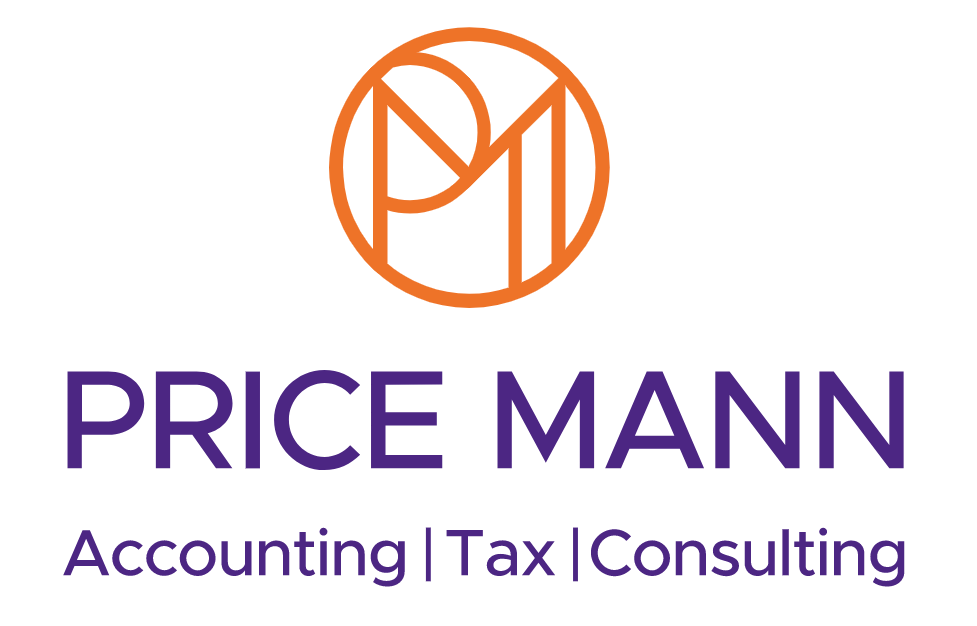An introduction to trusts
An introduction to trusts
What you need to know about trusts, including how they are taxed.
Trusts are legal arrangements where assets are placed into the care of an individual or organisation that manages them for the benefit of someone else.
For the person setting up the trust, this arrangement means they know their assets will be properly looked after until they come under the legal control of the beneficiaries.
Crucially, there are also tax advantages to setting aside assets in a trust, especially in the context of estate planning.
That’s why we want to go over them with you.
What are trusts?
A trust is a relationship between three parties:
- he settlor is the person who places the assets in the trust
- the beneficiary is the person who benefits from the assets in the trust
- the trustee is the person or organisation appointed to manage the trust on behalf of the settlor and beneficiary.
So, in a trust, the settlor gives over the financial management of selected assets and capital to the trustee(s).
Depending on the terms of the arrangement, generated income from the assets or the assets themselves will go to the beneficiary — often a younger person or someone who is unable to care for their own finances at present.
As a general rule, anyone over the age of 18 can be a trustee, but some solicitors and accountants also have trustee services.
It’s also worth noting that these three parties aren’t always different people: it’s fairly common for the trustee and settlor to be the same person. In some cases, settlors can even be their own beneficiaries.
Types of trusts
There are many different types of trusts, which all work in their own way. They include:
- Bare trusts — assets placed in a trust are held in the name of a trustee, yet the beneficiary has the right to all trust capital and income when they turn 18 (or 16 in Scotland).
- Interest in possession trusts — the beneficiary receives income generated by the trust but is not entitled to the underlying assets.
- Discretionary trusts — the trustees have absolute power over how the trust assets are used and distributed. Very popular with grandparents, who often name their grandchildren as the beneficiaries and their children as the trustees.
Knowing which type of trust is right for you can be difficult.
Talk to us, and we’ll help you decide the route to take.
Income tax
Trustees or beneficiaries may be responsible for paying tax on the income from trusts; the amount due depends on the type of trust.
For accumulation or discretionary trusts, the first £1,000 of dividend-type income is taxed at 8.75%, while the first £1,000 of all other income is taxed at 20%.
Above that amount, dividend income is taxed at 39.35%, while all other income is taxed at 45%.
When it comes to the tax treatment of interest in possession trusts, dividend-type income is usually taxed at 8.75%, with all other income taxed at 20%.
Sometimes, though, the trustees ‘mandate’ the income to the beneficiaries, meaning it goes to them directly. In this case, the beneficiary would need to include the income on their self-assessment tax return.
Beneficiaries of bare trusts are responsible for filing a self-assessment tax return and paying tax on income.
If you’re a beneficiary of income from a discretionary trust, you are deemed to have received it net of 45% tax – but you can reclaim the difference if you fall into a lower tax bracket.
Similarly, for an interest in possession trust, there may be additional tax reclaimable or payable by the recipient. The trust will have paid income tax at 8.75% or 20% but if the taxpayer’s effective tax rate is different to this, they will pay or reclaim the difference.
Capital gains tax
Capital gains tax (CGT) is usually paid on the profit that is created by selling an asset for more than you bought it for. It can also apply when you give an asset away or transfer it to someone else.
CGT may need to be paid when:
- assets are put into or taken out of a trust
- a beneficiary gains access to the assets in the trust
- the trustee is no longer a resident in the UK
There are, however, some instances when an asset can be moved but CGT is not liable.
Firstly, if a person dies and they leave their assets to the beneficiary, there is no CGT liability.
Likewise, there is no charge if a beneficiary of an interest in possession trust dies and the assets are passed to someone else.
There are some allowable costs that can be deducted when working out a trust’s CGT liability, as well as specific reliefs. Be sure to get professional advice to find out which of these apply to you.
Inheritance tax
Trusts can be great for estate planning because of how inheritance tax is applied to the value of assets and capital held in trusts.
For the majority of trusts, inheritance tax will be due if transfers into them exceed the threshold of £325,000 at 20% — in contrast to the regular 40%.
If you die within seven years of making a transfer into a trust, your estate will have to pay inheritance tax at the full amount of 40%.
If no tax is due, the value of the transfer is added to your estate.
If you make a gift into any type of trust but continue to benefit from it (for example, you give away your house but continue to live in it), you’ll have to pay 20% on the transfer and the gift will count as part of your estate.
There are potential ways to negate this, such as having the settlor pay rent on the property while they live there, but be sure to seek advice if you’re considering this.
An inheritance tax exit charge also applies to most transfers of capital out of a trust, up to a maximum of 6%.
A transfer out of a trust can occur when:
- the trust comes to an end
- some of the assets within the trust are distributed to beneficiaries
- a beneficiary becomes ‘absolutely entitled’ to enjoy an asset
- an asset becomes part of a ‘special trust’ (for example, a charitable trust or trust for a disabled person) and it ceases to be ‘relevant property’
- the trustees enter into a non-commercial transaction that reduces the value of the trust fund.
10-year anniversary
On the day before each ten-year anniversary of the trust, inheritance tax is charged on the net value of the relevant property in the trust.
The way this charge is calculated is complex, so get in touch with us for more technical information.
If the beneficiary dies
A trust's assets or income will be distributed if a beneficiary dies, depending on the type of trust.
For example, because beneficiaries are entitled to both the income and assets of a bare trust, this becomes part of their estate when they die.
This is not usually the case with interest in possession trusts, as beneficiaries are only entitled to the income generated by the trust.
There are certain circumstances where the value of this type of trust is added to the deceased beneficiary’s estate.













